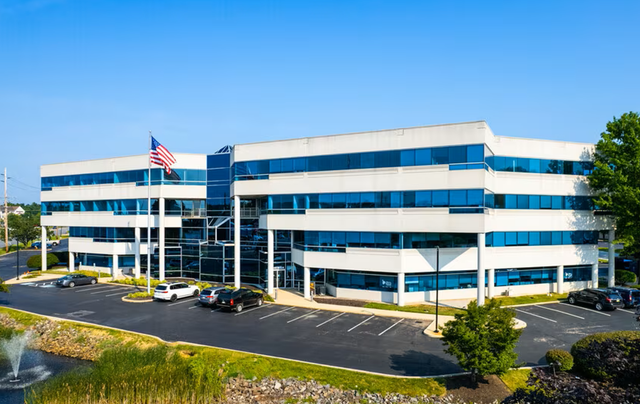In today’s highly-competitive supply chain environment transporting freight isn’t only about the routes or trucks now, it’s about data, flexibility, and having the right systems in place to deal with the unexpected. Your logistics partner must offer more than just basic freight services, whether you’re manufacturing company that must deliver products on time or a retailer having to manage multiple shipments per day. They need to offer clarity, control, and a sense of security.
Modern freight brokerage services, as well as 3PL providers that are tech-driven can alter this.
The modern Freight Broker is More Than an Middleman
A freight broker would previously be viewed as a person who was merely a link between transporters and shippers. Freight brokers are now strategic partners that manage transport complexity for their clients. They can assist their clients to avoid delays, negotiate better rates and vet reliable carriers.
Image credit: translogisticsinc.com
In short, the right freight broker will not only cost you less money- they save you from problems with logistics that can affect the bottom line of your business.
Translogistics, Inc. (TLI) Companies are reinventing what this relationship is. By offering multimodal freight brokerage services, they allow businesses to shift between parcel, LTL (less-than-truckload), and volume LTL shipments depending on urgency, budget, or customer needs. This flexibility is now more essential than ever.
The 3PL Provider: An Extra layer of strategic planning You Didn’t Need
If you’re juggling multiple carriers, juggling invoices, tracking shipments manually or managing claims using spreadsheets, it might be time to consider a 3PL service. Third-party logistics partners can help with these tedious tasks, allowing you to concentrate on the things that matter most: growing your business.
They bring structure, strategy and knowledge to your logistics department. They are able to analyze your shipping patterns and recommend the most efficient options. They also incorporate technology-driven processes to your logistics department. They’re not just reacting to issues, but preventing them from ever happening. In an industry where transparency and efficiency are not a given, tools that operate in the background can make the most difference.
What is the purpose of a Transportation Management System?
Think of a transportation management system as mission control for your freight. It’s the digital brain that helps you organize, track and improve your shipping from the same platform. From displaying real-time rates for carriers to generating Bills of Lading and auditing freight invoices, a TMS provides you the transparency and control you’ve been missing.
Translogistics ViewPoint TMS platform was developed with these exact objectives in mind. The platform compares rates among multiple modes and also has drag-and drop data entry powered by AI to reduce manual typing which slows teams down. It’s one illustration of how technology in logistics is evolving to facilitate more efficient, clean, and more accurate operations.
What it all boils to is the concept of partnership.
In the end, logistics isn’t just about systems or services, it’s about people. It’s about having a group behind you who know what’s at risk when a shipment gets delayed or a company falls over.
That’s why picking a 3PL provider or a freight broker isn’t just a transactional decision. It’s also a strategic decision.
Find a partner that listens to your needs, is flexible and invests in technology. This will make the supply chain grow. One who handles your shipments with the same attention to detail and urgency you give your customers. When you have the proper assistance, your freight will become an easy process. Your business is in its ability to grow. Because today’s logistics it’s not just about transferring freight. It’s all about transferring more efficiently.

